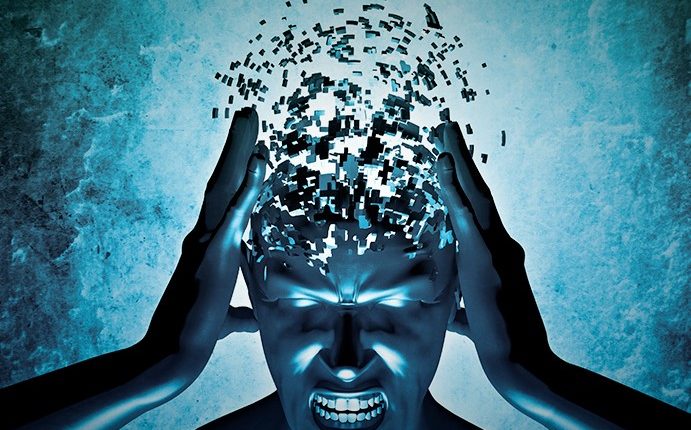
Tension headache: what is it, what are the causes and what are the treatments?
Tension headache is a rather common type of headache characterised by persistent, non-pulsating pain of mild to medium intensity, usually affecting the back of the head (occipital region)
The duration of the crises is very variable.
In frequent and infrequent forms (also called ‘episodic’ forms), the crises usually last from 30 minutes to 7 days, while in chronic forms the pain may last hours, days, weeks, months or years and be continuous.
In the milder forms the disorder often occurs in stressful situations; in the more severe and chronic forms the pain usually appears in the morning upon waking and continues into the evening.
What is tension-type headache?
Tension-type headache is usually associated with severe emotional stress, anxiety, depression or other mental disorders.
Depending on the number of monthly occurrences, tension-type headache is classified as
- infrequent: occasional forms with less than 1 crisis per month;
- frequent: 1 to less than 15 crises per month;
- chronic: crises for more than 15 days per month.
In tension-type headaches the duration of the crises is very variable: in frequent and infrequent forms (also called ‘episodic’ forms) they usually last from 30 minutes to 7 days, while in chronic forms they can last hours, days, weeks, months or years and be continuous.
In the milder forms the disorder often occurs in stressful situations; in the more severe and chronic forms the pain usually appears in the morning upon waking and continues until the evening.
What are the causes of tension-type headache?
In the past tension-type headache was referred to as muscle tension-type headache, psychogenic headache, essential headache, idiopathic headache: but this meant giving a certain and almost univocal cause to the origin of this type of headache.
Since it is now believed that there can be multiple causes, the terminology has been changed to the current ‘tension-type headache’.
Physical and mental stress situations seem to play an important role in the onset of this disorder.
What are the symptoms of tension-type headache?
The symptomatology is characterised by a persistent, non-pulsating, bilateral headache of mild or moderate intensity depending on the severity of the crisis, usually affecting the occipital region.
Modest phonophobia may occur.
The type of pain, typically gravative-compressive, may be dull, ‘band-like’ or ‘circle-like’, sometimes ‘helmet-like’, like a tightening circle.
Prevention
Preventive therapy is based on the use of antidepressants (in selected patients).
Particularly in the case of chronic tension-type headache, which is refractory to pharmacological intervention, the following may be helpful
- behavioural therapy (relaxation techniques, biofeedback, psychotherapy);
- physiotherapy;
- acupuncture.
Diagnosis
The diagnosis of headache is made if the subject experiences at least 10 headache attacks characterised by severe/constrictive pain, bilateral, of mild-medium intensity and in any case not preventing normal activities.
Treatments
Depending on the severity of the tension-type headache one is suffering from, there are different treatment options available.
However, it is good to know that chronic tension-type headache is often refractory to any treatment.
In the case of frequent and infrequent tension-type headaches, on the other hand, both preventive and symptomatic therapy are available.
Symptomatic therapy is based on the use of analgesics (paracetamol, ibuprofen, acetylsalicylic acid, etc.); opiods and barbiturates are best avoided.
Beware of drug abuse: as the frequency of headache increases, the use of drugs may increase and, consequently, the risk of developing a rebound headache may increase.
Read Also:
Emergency Live Even More…Live: Download The New Free App Of Your Newspaper For IOS And Android
Migraine And Tension-Type Headache: How To Distinguish Between Them?
Headaches And Dizziness: It Could Be Vestibular Migraine
Monoclonal Antibodies And Botulinum Toxin: New Treatments For Migraines
Migraine With Brainstem Aura (Basilar Migraine)
Migraine And Tension-Type Headache: How To Distinguish Between Them?
Paroxysmal Positional Vertigo (BPPV), What Is It?
Headaches And Dizziness: It Could Be Vestibular Migraine
Waking Up Headaches: What Are The Causes And What To Do



